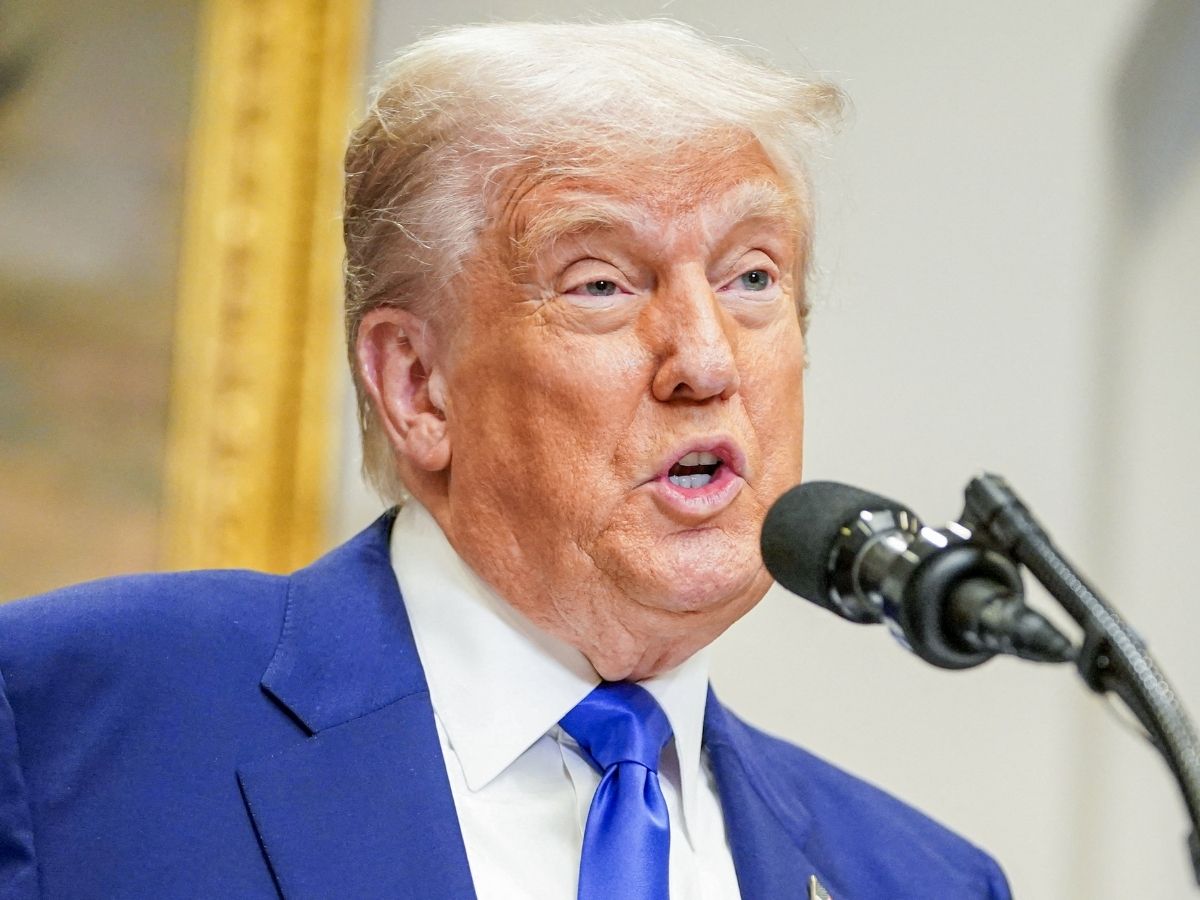Cancel culture started as a term to describe public backlash — often online — against individuals or institutions seen as violating social norms. Those opposing the concept say it silences dissent while those backing it say it’s about accountability. For US President Donald Trump, though, it appears to have become an organising principle that some believe would go on to define his second presidency.
A Comeback Machine for the Cancelled
According to a report published by Politico, Trump, who has been trying to cancel the ‘Cancel Culture’, is offering redemption to political allies, public figures, and even controversial personalities who, in any other administration, might have remained outcasts.
“He is transferring his popularity to his favorite elect,” Jeffrey Toobin, legal analyst and author of The Pardon, recently told Politico, adding, “All that matters is his benediction… his say-so. And that is all anyone needs for rehabilitation.”
Toobin further explained that Trump has turned presidential pardons and appointments into tools of power, telling the digital newspaper company, “Rather than be ashamed of pardons, he can use them as expressions of dominance and control.”
This is bigger than just a few names. For example, Sean Parnell — who had dropped out of a Senate race in the face of domestic abuse allegations but later regained custody of his kids — is now Trump’s top spokesperson at the Pentagon.
“There’s a citizenry more distrustful of the media,” Parnell had said during an interview with Playbook. “Trump has been through the wringer himself and wants to surround himself with scandal-stiffened spines.”
Fighting the ‘Woke’ War
Trump’s war on cancel culture, analysts say, isn’t just about individual redemption, but it’s a “full-blown policy offensive”.
In just a few weeks back in office, Trump had signed a wave of executive orders targetting what he calls “woke nonsense.” That included dismantling DEI (Diversity, Equity and Inclusion) programs across the federal government, removing websites, and even telling federal employees at the time to report colleagues still engaging in the DEI work.
During a speech to the World Economic Forum in Davos, he had said, “My administration has taken action to abolish all discriminatory diversity, equity and inclusion nonsense… throughout the government and the private sector.”
He is also targetting LGBTQ+ rights, critical race theory, and gender identity policies, making it official government policy that there are only two sexes.
The Wider Impact: DEI in Retreat
Reports suggest Trump’s moves have been sending ripple effects beyond Washington. According to a recent report published by The Guardian, companies like McDonald’s, Meta, and Walmart are pulling back the DEI initiatives, in what appears to be a stark contrast from the post-George Floyd era when corporate America pledged to do better on racial equity.
Randall Woodfin, mayor of Birmingham, Alabama, told the publication, “Unfortunately, a small group of people have decided to weaponise the words diversity, equity and inclusion… but the truth is these are part of American values.”
Education, History and a Culture Clash
Trump’s campaign against what he calls “indoctrination” extends to schools. He has reinstated the 1776 Commission to promote “patriotic education” and is threatening to cut funds from schools that teach gender identity or critical race theory. His administration is also cracking down on pro-Palestinian protests on university campuses, while threatening to revoke visas of students he deems “Hamas sympathisers.”
Many historians have criticised the 1776 Commission’s curriculum for “whitewashing” America’s role in slavery and civil rights struggles. But Trump agenda, experts say, wants to turn the cultural tide with “sudden and overwhelming force.”
Trump’s second term is seemingly shaping up as a fight for America’s cultural identity. “It’s a continuum,” The Guardian quoted Moe Vela, a former Biden adviser, as saying. “Unfortunately, it has always been rooted in division and fearing somebody who is not like you.”






